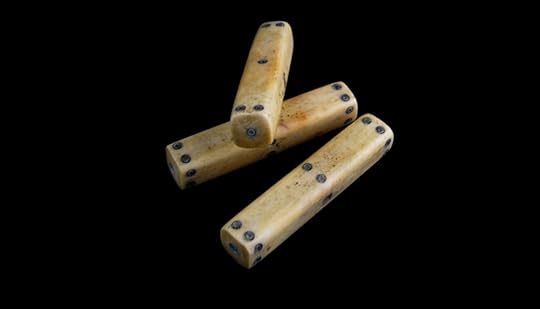The Art of Self-Critique: On Randomness, Rationalization, and Belief Formation

Many years ago we, at ikon, developed a transformance art experience that built randomness into its very structure. Everything that happened was decided on the night by casting lots, rolling dice, and flicking coins. Whether it was the talk, the song choices, or the ritual, everything involved a contingent element. I even told a improvised parable was partially formed on the spot using ideas people shouted out.
This event led me to write a parable – one that I’ve actually never published or even used – about a great philosopher who determined everything he believed by rolling three old bone dice. All his beliefs were constructed arbitrarily in this manner; from his ideas on morality, to his views on the meaning of life. Once a position was settled, he would go on to write learned texts defending his views, teach masterfully on the logic of his positions and engage in fiery debates with opponents.
Part of the inspiration for this transformance art event and the subsequent parable came from the desire to make visible the way most, if not all, our beliefs are formed. While we may convince ourselves that our religious, political and cultural ideas are ones we have rationally deliberated over and carefully decided, the reality is that, by the time we come to think about what we believe, we are already colonised by a whole army of beliefs.
It is not so much that we speak what we believe, but that we are mouthpieces for the propagation of certain beliefs. We feel that we are in the driving seat, when we are really the delivery mechanism of certain ideas.
The temptation we all face is that of uncritically siding with the colonizing force. Taking a purely apologetic stance in relation to the beliefs within us. Identifying wholly with them and defending them to the death.
To appreciate the role that contingency and context plays in the formation of our beliefs does not mean that we will always abandon them, or treat them with contempt. Indeed such a realization might help us to appreciate them all the more in their complexity and historicity. It will help us cultivate a healthy level of suspicion about what we think, and encourage an openness to interrogating them.
One of the ways to do this involves listening carefully and sensitively to other perspectives, allowing other positions to speak into the ones we hold. There are the differing voices that exist without our communities, those that originate outside them and those that come to us through the mists of time, via our encounter with past worlds.
This might be an interesting idea for some of us, but the question concerns how we might live into it. What type of practices might open us up to the voice of the other in such a way that we might be transformed? It is with this in mind that I developed the practices of The Last Supper, Atheism for Lent, The Evangelism Project and The Omega Course. I’d love to see more communities experiment with these practices, or ones that attempt the same thing.
This is something I’ll be exploring in more depth in my two day LA event Building on Fire in March. In addition to this, the two-day event will also explore how to instigate social change, build healthy community and develop the art of public speaking. Hope some of you can make it along.
If you’d like to join the Atheism for Lent experiment, there is still time. We’re about to spend the next three weeks exploring theological forms of atheism. Sign up here (so far over 600 individuals signed up and a dozen churches).
Peter Rollins's Blog
- Peter Rollins's profile
- 314 followers



